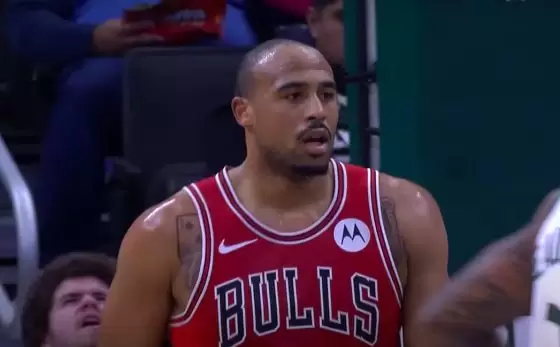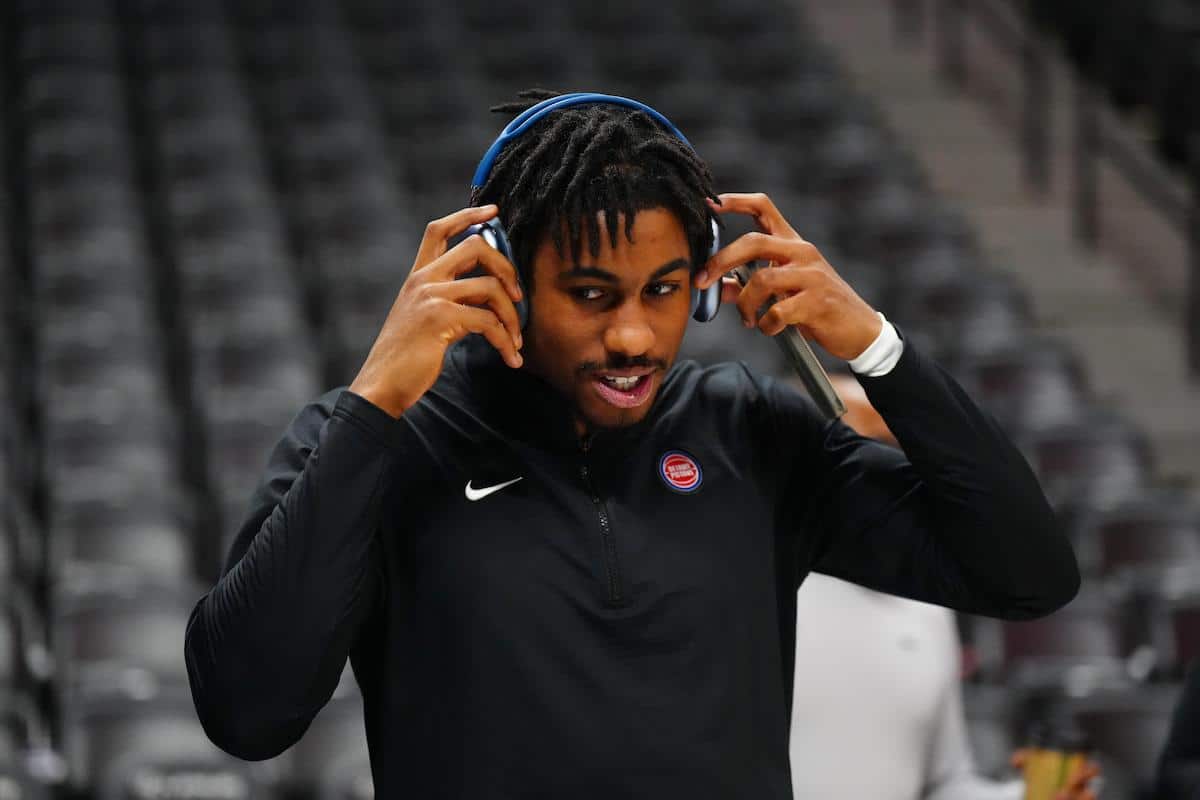The Boston Celtics’ early season has gone more or less as we all expected: long stretches of casual dominance marred by a couple of slip-ups. But if there’s one bugaboo that’s consistently reared its ugly head, it’s rebounding problems on both sides of the floor.
The Celtics currently rank 17th in defensive rebounding and 20th in offensive rebounding after being just outside the top ten in both categories last season. Interestingly, though, they’ve only dropped from a 27.1% offensive rebounding rate (percentage of their misses that they recovered) last year to 26.3% this year, a minuscule change in absolute terms. On the defensive end, however, they’ve declined from recovering 73.8% of opponent’s misses to just 71.4% this season, a much larger shift.
The most obvious culprit is the continued absence of Kristaps Porzingis. Although Porzingis is hardly a dominant rebounder (for reasons both tactical and inherent to his game), his absence has forced the Celtics into fewer two-big lineups, which naturally will weaken them on the boards, particularly defensively.
The change is more profound than that, however. Of the nine Celtics players leading the team in playing time this year, six have seen their rebounds per 36 minutes drop by at least a half rebound:
That’s a big difference!
Some of this can be explained away. Neemias Queta went from playing against end-of-bench guys to boxing out starters, for example (and is still rebounding well). Tatum’s decline is mostly on the offensive side, likely due to him jacking up more than half of his shots from deep this season.
Other drops, however, are more puzzling, and potentially concerning. Pritchard used to have a bloodhound’s nose for the ball; where did that go? Is Horford struggling to hold ground as the lone big? Is Holiday losing some athletic juice?
(Hauser’s notable increase is almost entirely due to a bounce in offensive boards, a sign of the coaching staff’s trust in him to hunt the occasional carom from the corner without compromising transition defense.)
Perhaps some of this is the dreaded championship hangover. With the team’s offense scoring at historic levels, giving 95% instead of 100% on the smaller things, like boxing out, might be tempting.
Whatever it is, opponents are outrebounding the Celtics on the season. They’ve lost the battle of the boards in seven of their 12 games, including in all three of their losses. It was never uglier than in the Hawks game, when the Celtics were simply outworked. This should not happen:
And, of course, Boston lost the game on a tip-in in the final seconds (I’ll spare you having to watch that nightmare again.)
Rebounding is as much about scheme and personnel as it is effort, despite what coaches want to tell you. But trying is a big part of it. Boston will never be an elite rebounding team, but last year, they were more than good enough. They fought for loose balls, focused on getting bodies on opponents, and hungered for any slight advantage they could find. Right now, that appetite isn’t there.





